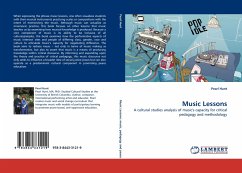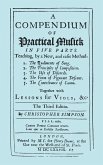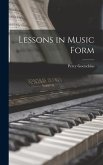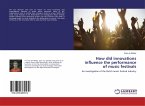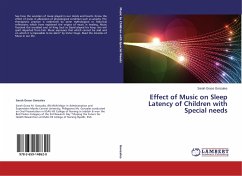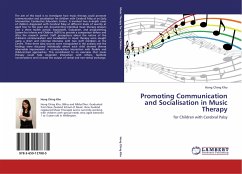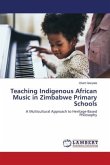When expressing the phrase music lessons, one often visualizes students with their musical instruments practicing scales or compositions with the intent of memorizing the music. Although music can actualize as mnemonic practice, this book focuses on other lessons that music teaches us by examining how musical knowledge is produced. Because a core component of music is its ability to be inclusive of all cultures/peoples, the book examines how the performative aspects of music intersect sites and people of differing class, gender, race and culture to articulate music's capacity for negotiating difference. The book aims to redress music not only in terms of music making as transformative, but also to assert that music is a means of producing knowledge within critical discourse. By informing and expanding upon the theory and practice of critical pedagogy, this music discourse not only seeks to influence a broader idea of social justice praxis but can also operate as a predominant cultural component in promoting peace education.
Bitte wählen Sie Ihr Anliegen aus.
Rechnungen
Retourenschein anfordern
Bestellstatus
Storno

